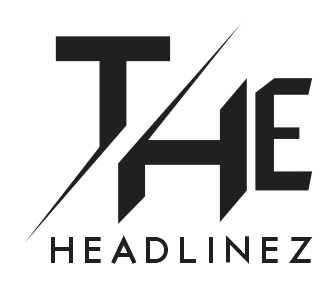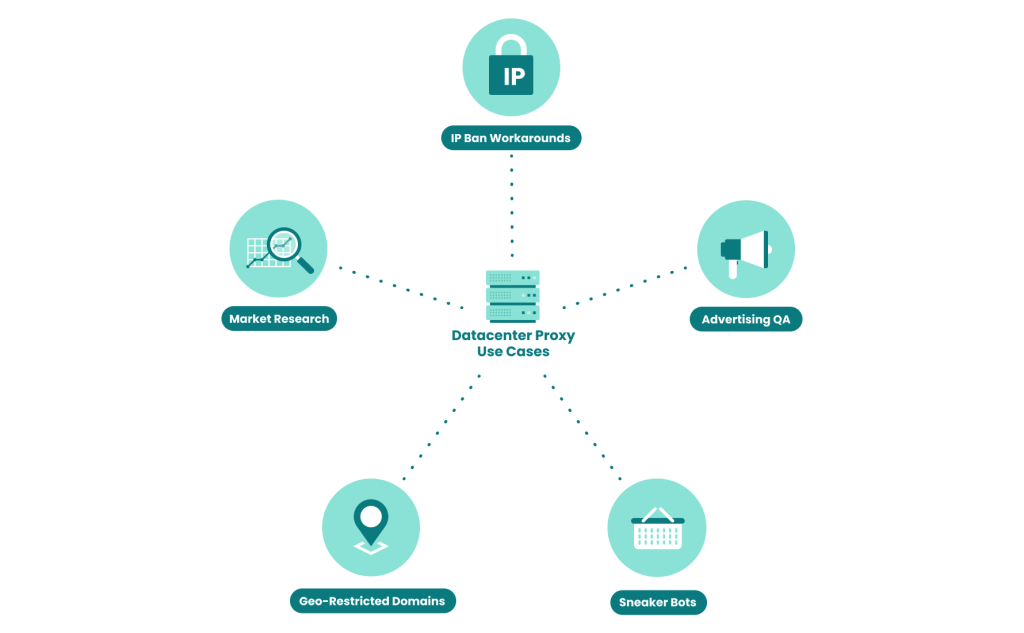Datacenter proxie are powerful tools with a wide range of applications, from web scraping to enhanced online security. However, their usage is subject to legal and ethical considerations that users must be aware of to avoid potential issues. In this article, we’ll explore the legal and ethical aspects of using datacenter proxies and provide guidance on responsible usage.
Understanding Datacenter Proxies
What Are Datacenter Proxies?
Datacenter proxies are intermediary servers hosted in data centers. These servers provide users with IP addresses that are not associated with internet service providers (ISPs) or real residential locations. Instead, datacenter proxies are linked to servers in data centers, offering benefits such as speed, anonymity, and affordability.
Legal Considerations
1. Website Terms of Service
Most websites have terms of service (ToS) or acceptable use policies that govern how their platforms can be accessed and used. It’s crucial to review and abide by these terms when using datacenter proxies to access websites. Violating a website’s ToS could lead to account suspension or legal action.
2. Copyright and Intellectual Property
When using datacenter proxies for web scraping or data extraction, be mindful of copyright and intellectual property laws. Unauthorized copying or distribution of copyrighted content may result in legal consequences.
3. Privacy Laws
Respect privacy laws when using datacenter proxies to access websites that may contain personal or sensitive data. Ensure compliance with data protection regulations, such as the General Data Protection Regulation (GDPR) in Europe, and avoid collecting or processing personal information without consent.
4. Cybersecurity Laws
Be aware of cybersecurity laws and regulations that pertain to online activities. Unauthorized access to computer systems, even through proxies, can lead to criminal charges.
Ethical Considerations
1. Responsible Web Scraping
Practice responsible web scraping techniques when using datacenter proxies. Avoid overloading websites with excessive requests, respect rate limits, and adhere to the guidelines set by the website owner.
2. Avoiding Harm
Do not use datacenter proxies for activities that could cause harm, including cyberattacks, identity theft, or harassment. Ethical behavior online is essential for maintaining a positive online environment.
3. Transparency
If you are conducting activities online using datacenter proxies, be transparent about your intentions and identity when required. Misleading or deceptive practices can damage your online reputation and may have legal consequences.
4. Data Privacy
Respect data privacy by ensuring that any data you collect or process using datacenter proxies is handled securely and in accordance with applicable laws and regulations.
Responsible Use of Datacenter Proxies
To use datacenter proxies responsibly:
- Familiarize yourself with the terms of service and policies of websites you access.
- Conduct web scraping and data extraction within legal and ethical boundaries.
- Seek legal advice if you are unsure about the legality of your activities.
- Protect sensitive data and prioritize cybersecurity best practices.
In conclusion, datacenter proxies are valuable tools, but their use must align with legal and ethical standards. Adhering to website terms of service, respecting copyright and privacy laws, and practicing responsible and transparent online behavior are essential to ensure that your use of datacenter proxy is both lawful and ethical. Always consider the potential consequences of your actions and strive to maintain a positive and ethical online presence.

